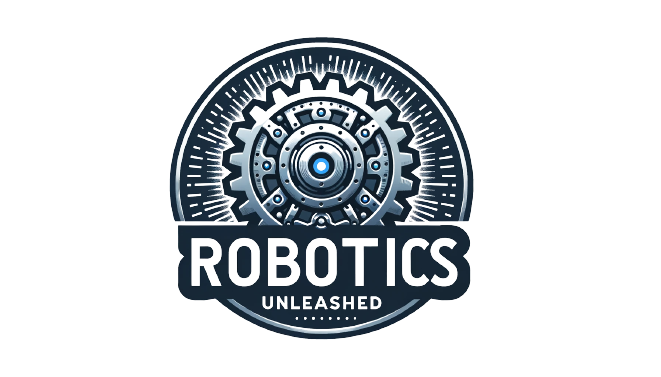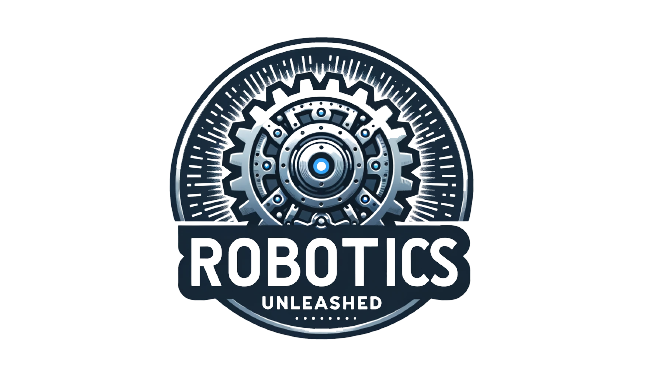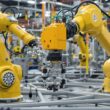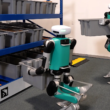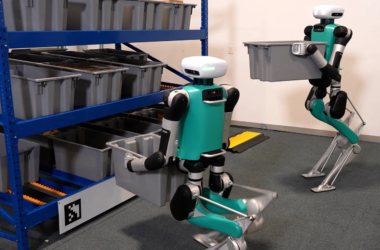In today’s fast-paced world, the labor shortage in Germany has emerged as a pressing issue that demands attention. Businesses are grappling with vacant positions, affecting their productivity and ability to meet demands. As the economy witnesses unprecedented growth, the need for a robust workforce becomes increasingly crucial.
The Severity of the Labor Shortage
According to data from official sources in Germany, the number of job vacancies continues to rise steadily. The German Chambers of Commerce and Industry estimates that businesses across various sectors are currently struggling to fill positions. Additionally, young workers are increasingly reluctant to pursue certain jobs, exacerbating the labor shortage crisis.
The labor shortage is not only affecting individual businesses but also casting a shadow over Germany’s economic growth. The Federal Employment Agency forecasts a significant reduction in available workers, posing a potential challenge to the economy at large. The dwindling workforce is expected to hamper various industries and impede overall development.
Automation as a Solution
To combat the labor crunch, businesses of all sizes are turning to automation as a viable solution. Germany, being the largest market for robots in Europe, has seen a surge in the adoption of automation technologies. The decreasing costs and the ease of operation for robotic systems have made automation an attractive option for businesses.
In the past year, Germany has witnessed a remarkable increase in the implementation of robotic machines across industries. Major industrial players, including carmakers, are investing heavily in automation to overcome their labor challenges and enhance operational efficiency.
The perception of automation among German employees has been a subject of study. A recent opinion poll revealed that a significant portion of the workforce views robots positively. Many employees see automation as a means to alleviate the burden of monotonous tasks and create new opportunities for career growth.
Summary
The labor shortage in Germany is a pressing issue that demands immediate attention. The rise of automation offers a promising solution for businesses grappling with a lack of workforce. With its increasing popularity and favorable perception among employees, automation is poised to shape the future of German industries. To ensure sustainable economic growth, businesses must prioritize embracing automation and harnessing its potential.
As we navigate through this challenging period, it is crucial for businesses and policymakers to proactively explore opportunities in automation and embrace its transformative power. The future of Germany’s economic landscape relies on our ability to adapt and leverage the benefits of automation. Together, we can overcome the labor shortage and forge a prosperous future.
